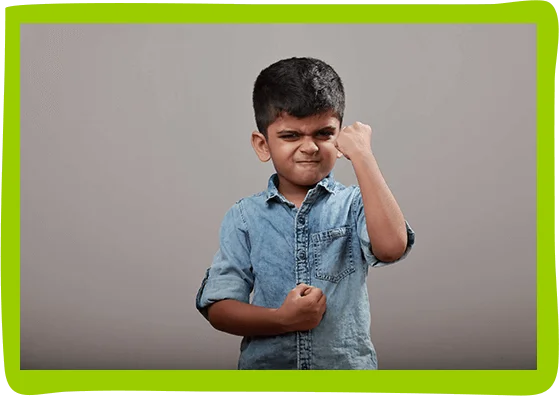Destructive Teen Behavior

Kids between the ages of 2 to 4 year old, they perform various social skills and some of them are just to know how far they can push the limit. And no parent would want their child to grow up and become a socially challenged. Some parents end up being way too strict. And it is observed that the children who grew up with strict parents show inclination towards anti-social peers. But it is normal for a child to show positive and negative social pattern. The problem arises when the child displays more negatives than the positives.
They lie, steal, rebel and sometimes throw a fit. These kids are aggressive and unruly and all these gestures exhibit the sign of anti-social behavior.
But what exactly is Anti-Social Behavior
Anti-social behavior is a pattern of behavior that is verbally or physically harmful to other people, animals or property including behavior that severely violates social expectation for a particular environment. This conduct can be broken down into two elements
- Absence of prosocial behavior, i.e. cooperation, affirmation, communication
- Presence of antisocial behavior, i.e. angry, violence, abusive language
These pro-social and ant-social behaviors are shown at varying degrees by different children. Some children show high level of both e.g. popular but a bully. Whereas some may show low level of both e.g. withdrawn and thoughtful.
When the anti-social behavior is exhibited more it is considered a clinical disorder and as they grow this trait will only worsen. These children tend to become more hostile and violent.
Preventing Anti-Social behavior
As we all know “Prevention is better than cure”. Early intervention is the only way to stop these behaviors. But treating any sort of behavioral disorder is not easy. It involves unlearning a process that was learnt at an early childhood. This process requires a lot of patience, love and understanding. But there are techniques that help ease such a problem.
As parents, engage your child in family with some therapy and as a family, everyone can be a part of the therapy group. Opening up your fears and mistake and other such traits will encourage the child to freely talk about themselves.
Social skill training is yet another way to impart the changes. This includes modeling, role playing, corrective feedback, positive reinforcement. All these are slow processes that will bring the desired changes only if the intervention is done at the early stage.
Such a change cannot be executed by one person. Ideally, an interdisciplinary team of teachers, parents and counselors need to work together. In many cases, parents are given training before dealing with the child.
First and foremost, it is necessary that we, as parents do not create an environment that threatens the peace of the child. Usage of verbal or physical abuse should to be avoided. Chiding the child even in the smallest of thing which can be solved without any aggression will lead to negative behavior.
Any socially accepted behavior that we wish to see in our kid, we must display it in the home and outside. A child simply learns and acquires the behavior that is disposed to them. As the saying goes what you sow, so shall you reap. The way you, as a parent behave is the exact same manner your child will behave. A child only requires love and affection. A loved child will grow up to be beautiful human being.





